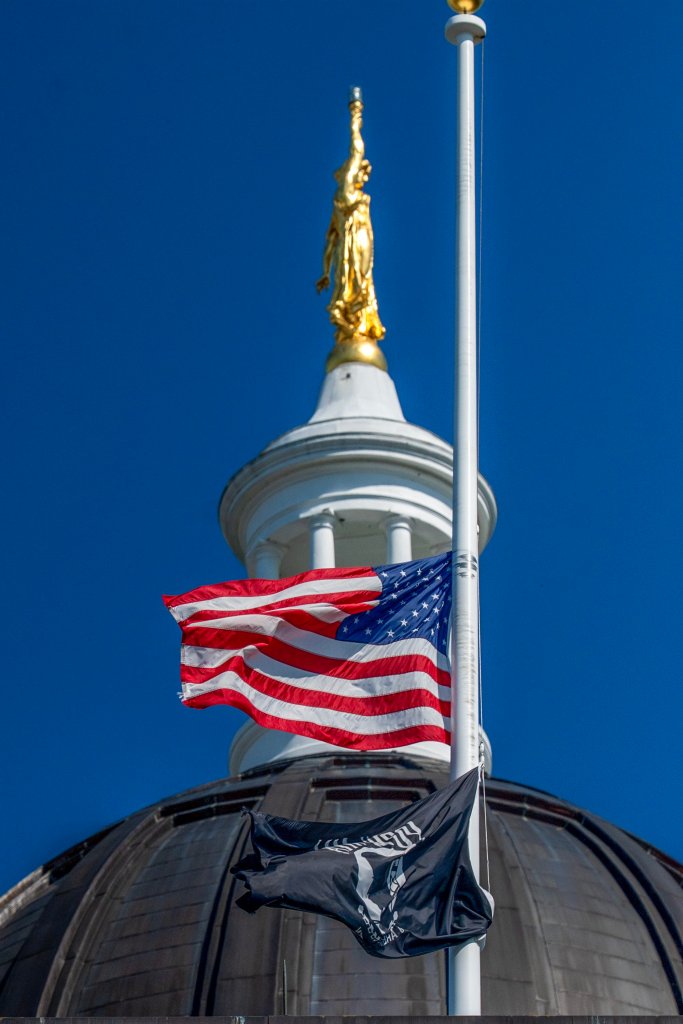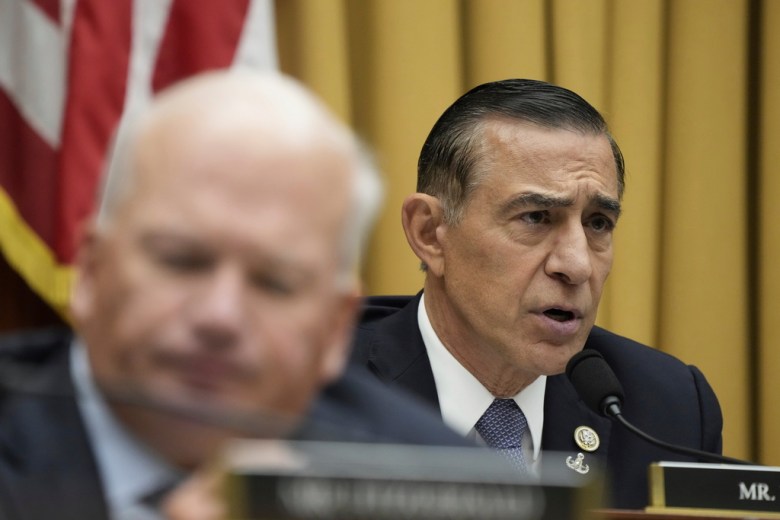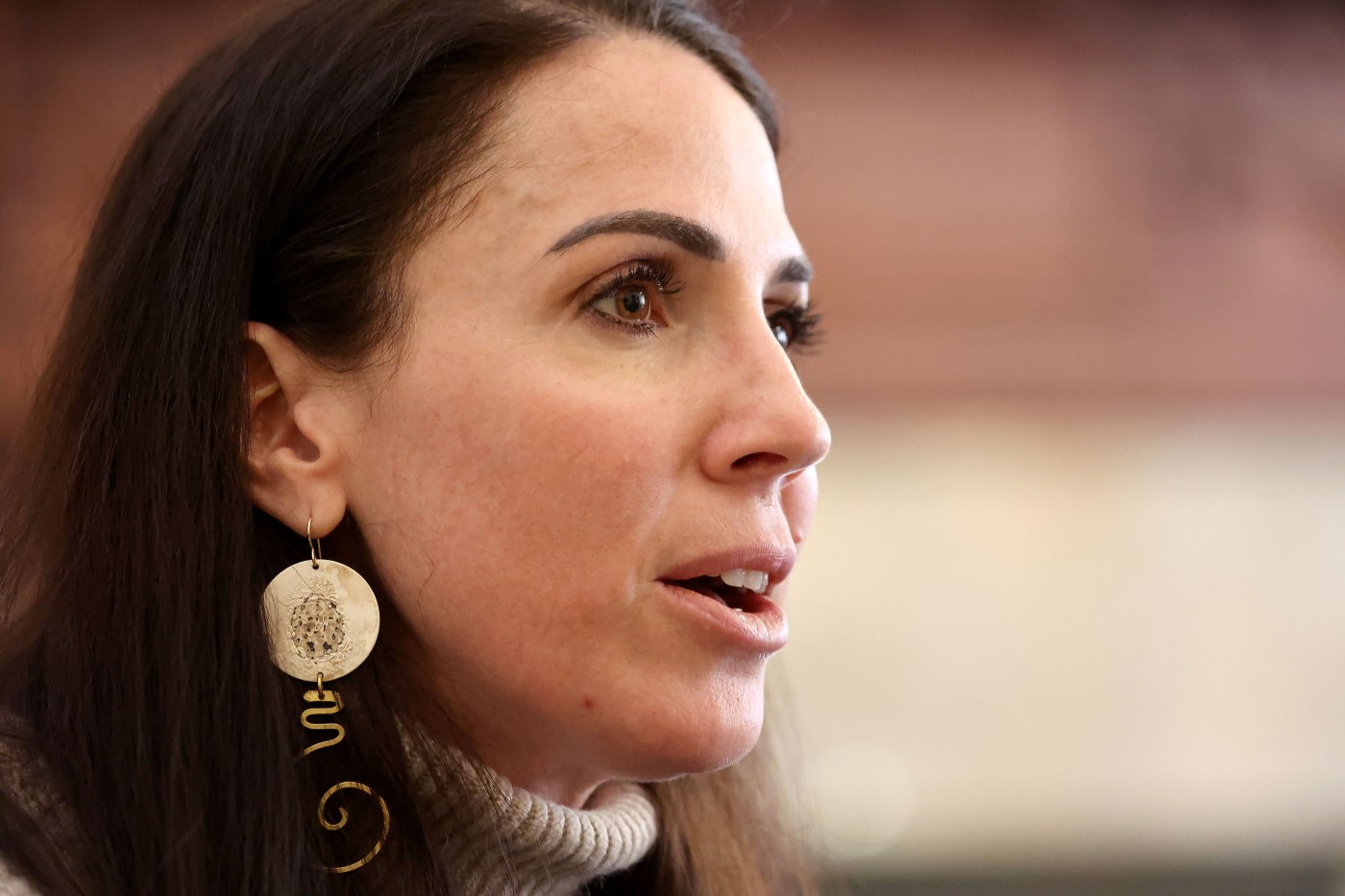Maine is preparing for a pivotal moment in its political landscape as voters will decide on key ballot questions this November. These measures are essential in shaping the future of democracy and public safety in the state. With rising concerns over political corruption and the accessibility of voting, Mainers are being called to take a stand.
The first ballot initiative, known as Question 1, proposes several restrictions that could significantly impact voting rights. It aims to reduce absentee voting days and eliminate ongoing absentee status for seniors and individuals with disabilities. Additionally, it would require photo identification for voters. Advocates argue that these changes could hinder participation and reduce accessibility rather than enhance electoral security.
In contrast, Question 2 addresses public safety by asking whether courts should have the authority to temporarily restrict access to firearms when an individual poses a clear danger to themselves or others. This measure is seen as a proactive approach to safeguarding communities while respecting due process.
These ballot questions reflect broader national trends where powerful interests often overshadow the needs of everyday citizens. According to critics, Congress has become increasingly focused on the priorities of affluent donors, leading to gerrymandering and stalled reforms. The recent shutdown of the federal government, which left thousands unpaid, highlights the urgent need for political accountability and transparency.
Mainers are now tasked with determining whether they will support measures that promote civic engagement or enable practices that could disenfranchise voters. The outcomes of these votes could set a significant precedent for similar regulations nationwide.
Looking ahead, the upcoming gubernatorial and Senate elections in 2024 will further shape Maine’s political identity. The next governor will play a critical role in influencing state policies on healthcare, education, and environmental issues. Meanwhile, the Senate race will present Mainers with a choice between independent voices and traditional party affiliations.
As Maine embarks on this electoral journey, the words of renowned poet Henry Wadsworth Longfellow echo through history. He famously recounted the alert of Paul Revere, urging vigilance and action in times of crisis. Today, Mainers face a different challenge, one that requires engagement through ballots and advocacy rather than muskets and riders.
The decisions made in November will resonate beyond state lines, setting a tone for how democracy is practiced and protected across the nation. The hope is that citizens will embrace their civic duty and reaffirm their commitment to a fair and inclusive political system. The question remains whether they will heed the call to action.







